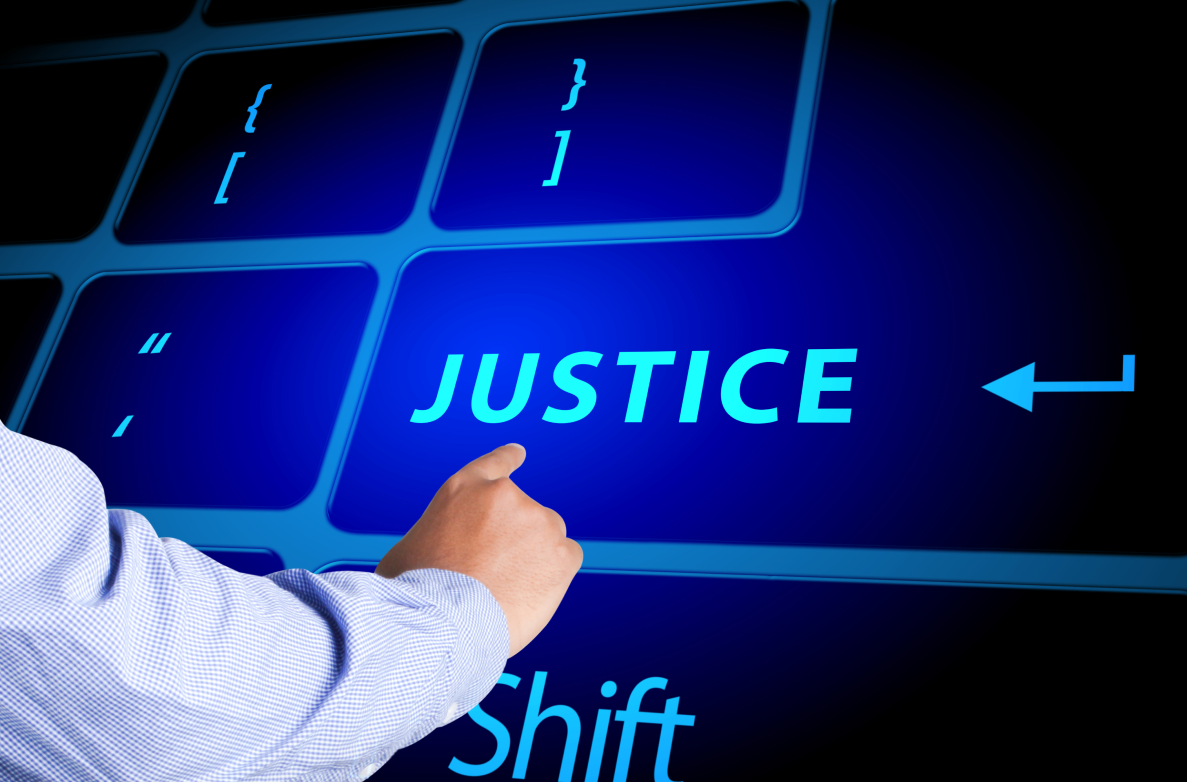Justice/Legal Tech 3 years ago
The Transformed Digital Judiciary and the Quality of Justice
With judicial systems across the world now undergoing major digital transformations, it would be wise to pre-examine the quality of justice one can expect from the transformed digital judiciary – perhaps even prudent to analyse the effects of current developments

When it comes to the formal practice of law in India or across the world for that matter, one crucial discussion that often gets side-lined is that of the quality of justice that is rendered. The volatility of the decisions made by courts everywhere has continued to raise moral and political questions – right from the verdicts passed in the many police brutality cases to the Supreme Court of India’s decision surrounding the Central Vista Project. It is safe to assume that the practice of law is not without flaw and the quality of justice should always be re-examined.
With judicial systems across the world now undergoing major digital transformations, it would also be wiser to pre-examine the quality of justice one can expect from the transformed digital judiciary. It might even be prudent to analyse the effects of current developments and perhaps create a toolkit that could use the power of technology to create fairer and modern courts that retain the public’s trust and make sure that justice remains equitable.
The past decade has been marked with the emergence of Information and Communication Technologies (ICTs) and their applications have inevitably made their way into legal practices. The following are a few examples of notable digital transformations and their consequences on the judiciary:
- Many courts across the world have adopted technological solutions that standardise judicial procedure and process for better interaction and coordination.
- Better access to laws and case files with updated digital repositories has increased understanding of judicial values, respective to the country of practice.
- E-filings, e-Documentation, e-Signature and e-Delivery have made the process quicker, paper-free, environment-friendly and cheaper.
- Enhanced Case Management Systems have streamlined processing and detailing.
- Advanced technological platforms have made the execution of mundane tasks quick, easy and error-free, allowing for better allocation of highly skilled human resources towards tasks of higher priority.
If the current developments are anything to go by, then it might be safe to argue that the careful integration of ICTs could in fact enhance the quality of justice rendered and make sure that that justice remains for the people.



